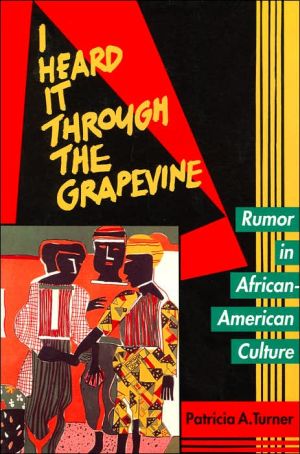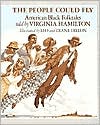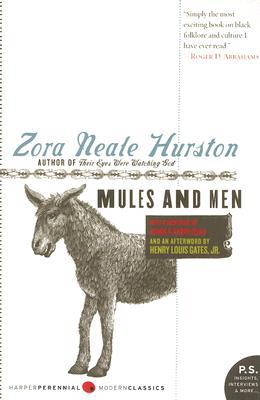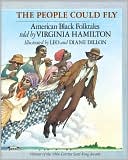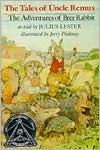I Heard It Through the Grapevine: Rumor in African-American Culture
Ku Klux Klan-owned companies. Sodas that cause sterility. A military conspiracy to infect Africans with AIDS. These rumors reverberate through Black America. Now, Patricia Turner presents a groundbreaking, comprehensive look at how rumors translate white oppression into folk warnings throughout the African-American community.\ \ The author examines how rumors, seemingly illogical, translate white oppression into folk warnings for a community at risk. Examined also are...
Search in google:
Ku Klux Klan-owned companies. Sodas that cause sterility. A military conspiracy to infect Africans with AIDS. These rumors reverberate through Black America. Now, Patricia Turner presents a groundbreaking, comprehensive look at how rumors translate white oppression into folk warnings throughout the African-American community.Publishers WeeklyIn an intriguing exploration of black folklore, Turner examines contemporary legends--like Ku Klux Klan ownership of a now defunct clothing firm--common in the black community. The author, who teaches African-American and African Studies at UC Davis, finds the roots of folk notions about racial difference in the contact between European explorers and black Africans, and in white attempts to control black bodies from slavery days through 20th-century riots. She offers close analysis of several persistent conspiracy rumors: black belief that white-owned firms directed at black customers, e.g., Church's Fried Chicken, are run by the KKK; that sneaker-maker Reebok is owned by South Africa; that AIDS and crack are part of a white plot to suppress blacks. Turner insightfully observes that ``products or places having strong symbolic potency for African-Americans''--some soul food is an example--can inspire folk speculation. She argues that most rumors are based on ``readings or misreadings'' of real oppression of blacks, and that combatting such rumors requires first addressing racial intolerance and inequality. However, Turner downplays the responsibility of the black community to support accurate reporting and education efforts. Illustrations not seen by PW. (Sept.)
AcknowledgmentsPrefaceIntroduction11Cannibalism: "They doe eat each other alive"92Corporal Control: "They want to beat us, burn us, whatever they can do"333Conspiracy I: "They...the KKK...did it"574Conspiracy II: "They...the powers that be...want to keep us down"1085Contamination: "They want to do more than just kill us"1376Consumer/Corporate Conflict: "They won't get me to buy it"1657Crack: "See, they want us to take all of those drugs"1808Conclusion: From Cannibalism to Crack202Epilogue: Continuing Concerns221Notes229Bibliography245Index255
\ Publishers Weekly - Publisher's Weekly\ In an intriguing exploration of black folklore, Turner examines contemporary legends--like Ku Klux Klan ownership of a now defunct clothing firm--common in the black community. The author, who teaches African-American and African Studies at UC Davis, finds the roots of folk notions about racial difference in the contact between European explorers and black Africans, and in white attempts to control black bodies from slavery days through 20th-century riots. She offers close analysis of several persistent conspiracy rumors: black belief that white-owned firms directed at black customers, e.g., Church's Fried Chicken, are run by the KKK; that sneaker-maker Reebok is owned by South Africa; that AIDS and crack are part of a white plot to suppress blacks. Turner insightfully observes that ``products or places having strong symbolic potency for African-Americans''--some soul food is an example--can inspire folk speculation. She argues that most rumors are based on ``readings or misreadings'' of real oppression of blacks, and that combatting such rumors requires first addressing racial intolerance and inequality. However, Turner downplays the responsibility of the black community to support accurate reporting and education efforts. Illustrations not seen by PW. (Sept.)\ \
